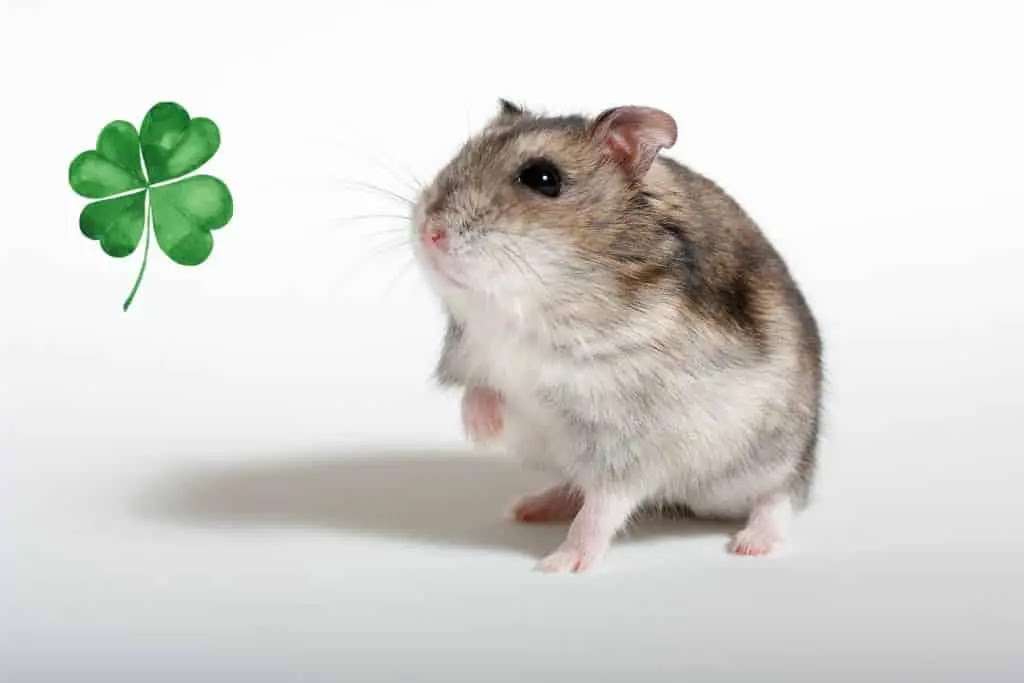Discovering the World of Jasmine for Hamsters: Benefits and Cautions
Can Hamsters Have Jasmine? Delving into the aromatic realm of Jasmine, the flowering plant celebrated for its delicate white or yellow blossoms, captivates hamster enthusiasts. Recognized for its pleasant scent and potential health perks, Jasmine boasts essential oils, flavonoids, and diverse organic compounds contributing to its unique aroma.
Unveiling Jasmine's Nutritional Profile:
- Jasmine flowers host trace amounts of vitamins (C), and minerals (calcium, potassium).
- Low in calories, with minimal carbohydrates and protein.
Can Hamsters Have Jasmine? The allure of Jasmine lies in its bioactive compounds and aromatic charm.
Permission Granted: Can Hamsters Have Jasmine?
Absolutely, hamsters can relish Jasmine in moderation, offered as an occasional treat. Jasmine flowers are generally safe and can engage hamsters through their delightful fragrance.
Reasons for Hamsters to Enjoy Jasmine in Moderation:
- Sensory Enrichment: Jasmine's fragrance stimulates hamsters' sense of smell, vital for these small creatures.
- Mental Stimulation: Jasmine flowers prevent boredom and encourage natural behaviors like foraging, enhancing mental well-being.
- Natural Compounds: Jasmine's bioactive compounds may possess mild antioxidant properties, potentially benefiting hamsters in small amounts.
- Safe Consumption: Can Hamsters Have Jasmine? When given moderately, Jasmine is unlikely to harm hamsters.
Benefits of Feeding Jasmine to Hamsters:
- Sensory Stimulation: Jasmine's scent keeps hamsters mentally engaged and active.
- Stress Reduction: The pleasant aroma may have a calming effect on hamsters, aiding in stress reduction.
- Natural Antioxidants: Some compounds in Jasmine offer mild antioxidant properties in small quantities.
- Encourages Natural Behaviors: Jasmine serves as an environmental enrichment tool, promoting exploration and foraging.
Health Benefits of Jasmine for Hamsters:
- Reduced Stress: The calming scent of Jasmine may alleviate stress, particularly during changes or anxiety.
- Mental Stimulation: Jasmine engages hamsters' senses, preventing boredom and fostering a happier, more active pet.
Nutrients and Vitamins in Jasmine Beneficial for Hamsters:
Can Hamsters Have Jasmine? While not a significant nutrient source, Jasmine's fragrance and potential calming effect indirectly contribute to hamsters’ mental and emotional well-being.
Risks of Feeding Jasmine to Hamsters:
- Overconsumption: Overfeeding Jasmine can lead to obesity, affecting hamsters' overall health.
- Allergies: Some hamsters may be sensitive to strong scents, necessitating monitoring during Jasmine introduction.
- Digestive Upset: Excessive Jasmine might cause digestive issues like diarrhea.
Compositions in Jasmine Not Ideal for Hamsters:
Can Hamsters Have Jasmine? While generally safe in moderation, an overwhelming scent may stress hamsters. Overuse should be avoided to prevent discomfort.
What If Hamsters Have Too Much Jasmine?
If hamsters consume excessive Jasmine, signs of stress, digestive discomfort, or diarrhea may appear. Can Hamsters Have Jasmine? To prevent this, offer Jasmine in small quantities and monitor your hamster’s reaction.
Symptoms of Jasmine Poisoning in Hamsters:
Can Hamsters Have Jasmine? Potential symptoms include increased stress, loss of appetite, diarrhea, lethargy, and unusual behavior.
How Much Jasmine Can You Give a Hamster?
Can Hamsters Have Jasmine? Offer Jasmine as an occasional treat, limiting it to a small portion, like a single flower or a few petals. Avoid making it a regular part of their diet.
Recommended Diet for Hamster with Jasmine:
- Pellets: High-quality hamster pellets with 15-20% protein.
- Fresh Water: A constant supply of fresh water.
- Fresh Vegetables: Carrots, broccoli, and cucumber in small amounts.
- Protein Sources: Occasional mealworms or hard-boiled eggs.
- Treats: Use Jasmine as an occasional treat for sensory enrichment.
Alternatives and Supplements:
5 Leaves Hamsters Can Have:
- Dandelion Leaves (Rich in vitamins A and C)
- Basil Leaves (Contains essential vitamins and minerals)
- Mint Leaves (Aids digestion, refreshing flavor)
- Cilantro Leaves (Source of antioxidants)
- Kale Leaves (Nutrient-dense, occasional use)
3 Iconic Hamster Foods:
- Hamster Pellets (Specially formulated for nutritional needs)
- Fresh Vegetables (Carrots, broccoli, bell peppers)
- Mealworms (Protein-rich, in moderation)
In conclusion, Can Hamsters Have Jasmine? Yes, in moderation. It can be a safe, enjoyable treat, providing sensory enrichment and potential stress relief. However, cautious introduction and monitoring for adverse reactions are crucial. Always prioritize a balanced diet with high-quality hamster pellets and consult a veterinarian for diet or health concerns.



Nhận xét
Đăng nhận xét